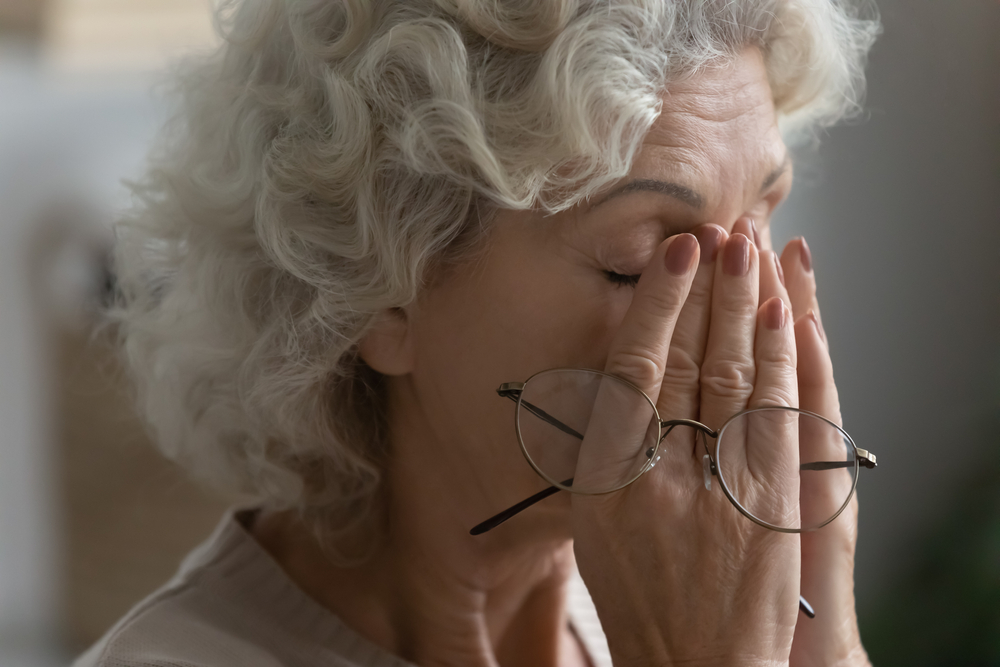
Approximately 30 percent of adults over 50 suffer from dry eyes. It can affect their quality of life, the symptoms making their life uncomfortable. Dry eye syndrome is a known condition where the eyes fail to produce adequate tears. Insufficient quantity or quality of tears leaves the eyes feeling dry and irritated. Learn more about dry eye syndrome among the elderly and how to deal with the condition.
Dry Eye Syndrome (DES)
Tears are responsible for keeping the eyes well-nourished, healthy, and moist. For the eyes to remain well lubricated, its tear film must have adequate water, oil, and mucus. A problem with any of the elements can cause an imbalance in the tear film, affecting tear production. This results in dry eye syndrome. The condition ranges from mild to severe, depending on the individual.
Symptoms of Dry Eye Syndrome
Symptoms of the condition include:
Burning eye sensation
Sensation of something in the eye
Red eyes
Itchy eyes
Blurry vision
Excessive tearing
Eye sensitivity
Eyelid discomfort and inflammation
If you experience dry eye symptoms, visit the doctor for diagnosis and treatment.
Dry Eye Syndrome and the Elderly
Dry eye syndrome often affects the elderly due to factors ranging from reduced tear production to long-term use of certain medications. Underlying health conditions and prolonged sun exposure can also affect eye health.
Lacrimal Gland Function
As people age, the production of tears by the lacrimal gland reduces. Insufficient aqueous (water) production affects the eye’s ability to remain moist.
Medications
Adults over 50 often take medications for various age-related health conditions such as diabetes, hypertension, and rheumatoid arthritis. The medications often have side effects, including those that cause dry eyes.
Menopause
Women over 50 and going through menopause often develop dry eyes. Hormonal changes affect eye health. Medications to manage menopausal symptoms (HRT) have been linked to dry eye syndrome.
Meibomian Gland Degeneration
The meibomian glands are responsible for producing oil for a healthy tear film. Oil helps reduce the rate of tear evaporation. As people age, the glands can degenerate and clog more easily, resulting in inadequate oil production and MGD.
Alleviating Dry Eye Syndrome
There are ways to reduce the symptoms of dry eyes. They include using OTC medications, staying hydrated, using humidifiers to increase indoor moisture, and reducing screen time. Treating underlying health conditions can help reduce the symptoms of DES.
Regular Eye Exams
Everyone needs to schedule regular eye exams to watch over their health. The need is even greater as people age. The aging process can lead to ocular issues affecting the quality and amount of tears. Taking care of the eyes can help reduce the uncomfortable symptoms associated with DES.
If you experience eye problems or vision changes, consult your eye doctor. The doctor will examine your eyes to determine the most effective treatment for your condition. Treatment can enhance comfort and improve vision, allowing you to enjoy your life in your golden years.
For more information on dry eye syndrome, visit Clarity Vision in Clayton, North Carolina. Please call (919) 550-4801 to schedule an appointment today.
















